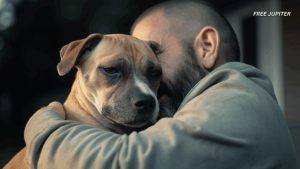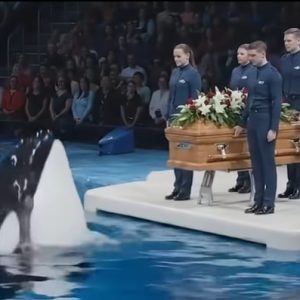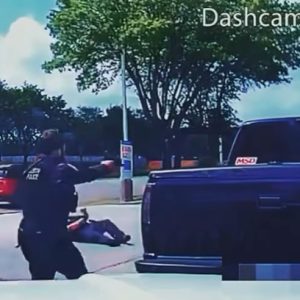If you’ve ever loved a dog, you know the pain of losing one isn’t “just” pet grief—it’s heartbreak. That wagging tail, those knowing eyes, the quiet companionship through life’s highs and lows… when they’re gone, it can feel like a piece of your soul goes with them.
Yet many people feel embarrassed to grieve so deeply. Society doesn’t always recognize pet loss as “real” grief—but science does. Studies show that losing a dog can trigger emotions just as intense as losing a human loved one: anxiety, depression, insomnia, and a deep sense of emptiness.

We use “we” when we talk about our pets—we go for walks, we cuddle on the couch—so when that becomes I, it hits hard.
For veterans like Medal of Honor recipient Kyle Carpenter, a dog isn’t just a friend—it’s a lifeline. After surviving severe injuries in Afghanistan, his service dog Juno helped him cope with PTSD, kept him grounded, and gave him the strength to face each day. When she passed, Kyle said it felt like “losing the other half of my stability.”
His story is one of thousands. Service dogs help veterans rebuild their lives, offering structure, emotional support, and hope. When they’re gone, it’s more than grief—it’s losing a partner in survival.
Whether you’re mourning a childhood companion or a trained service dog, the pain is real. And the routines—feeding, walking, cuddling—become daily reminders of a love lost.
But healing begins with permission: to cry, to remember, to honor the bond. Whether it’s lighting a candle, keeping their collar, or simply saying their name out loud—grief needs space.
So if you’re missing your dog today, know this: your heartache is not too much. It’s just love, looking for a place to go. And that love never really leaves—it just changes shape.
They weren’t just a dog. They were family.





